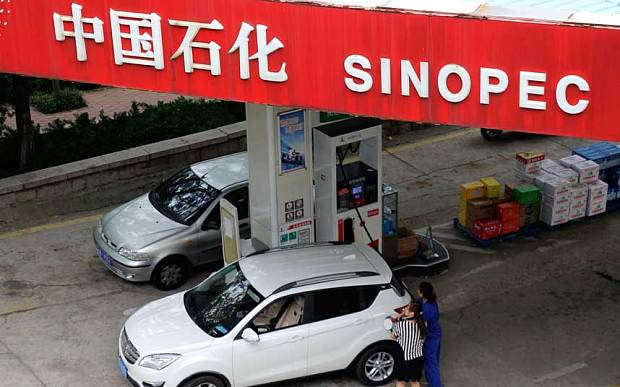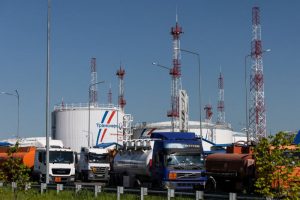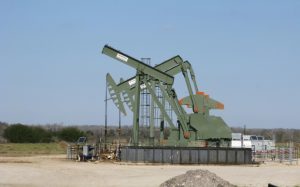China’s retail petrol prices have been raised to levels not seen since at least 2006 while diesel prices were increased to a decade-high after global oil benchmarks surged in the wake of Russia’s invasion of Ukraine.
As of Friday, retail petrol prices will rise by 750 yuan ($118) a tonne and diesel prices by 720 yuan a tonne, the National Development and Reform Commission said.
They are the biggest rises since the current pricing mechanism was introduced in 2013.
Beijing, for example, will see its petrol prices jump to 10,770 yuan a tonne and its diesel prices climb to 9,695 yuan a tonne. Local authorities set different prices though they will all implement the rise.
Under China’s pricing system, retail fuel prices are assessed every 10 working days to reflect global crude oil benchmarks, so long as the benchmark prices move between $40 and $130. Outside that band, retail prices do not change or only move slightly.
Covid Dampens Fuel Demand
Brent prices hit a peak of $139.13 a barrel on March 7 but have since eased, trading at $102 on Thursday. That compares with levels of about $99 before the February 24 invasion.
The surge in prices has prompted China’s independent refiners, known as teapots, to cut production. Operational rates in Shandong province, China’s oil refining hub, fell to a two-year low of 57.09% last week, according to consultancy JLC.
China’s daily oil throughput in the first two months of 2022 fell to its lowest since December 2020. State-backed Sinopec said its refineries were running at “fairly high” operational rates to ensure steady fuel supply.
Fuel demand is, however, being hit by a resurgence in Covid-19 cases.
In cities such as Shanghai and Shenzhen, residents have been ordered to stay at home and factories have been shut. Baidu road traffic data for Wednesday showed a slide of 38% and 27% respectively from a year ago.
Warehouses at all ports in Shenzhen are shut until March 20, while delivery and pick-up services in some southern Chinese cities have also been suspended.
- Reuters, with additional editing by George Russell
READ MORE:
China’s Soaring Covid Caseload Fuels Fear of Clampdown Costs
Australia’s Morrison Faces Heat on $20.8bn Fuel Excise – SMH
Japan’s Fossil Fuel Dependence Complicates Russia Ban
























